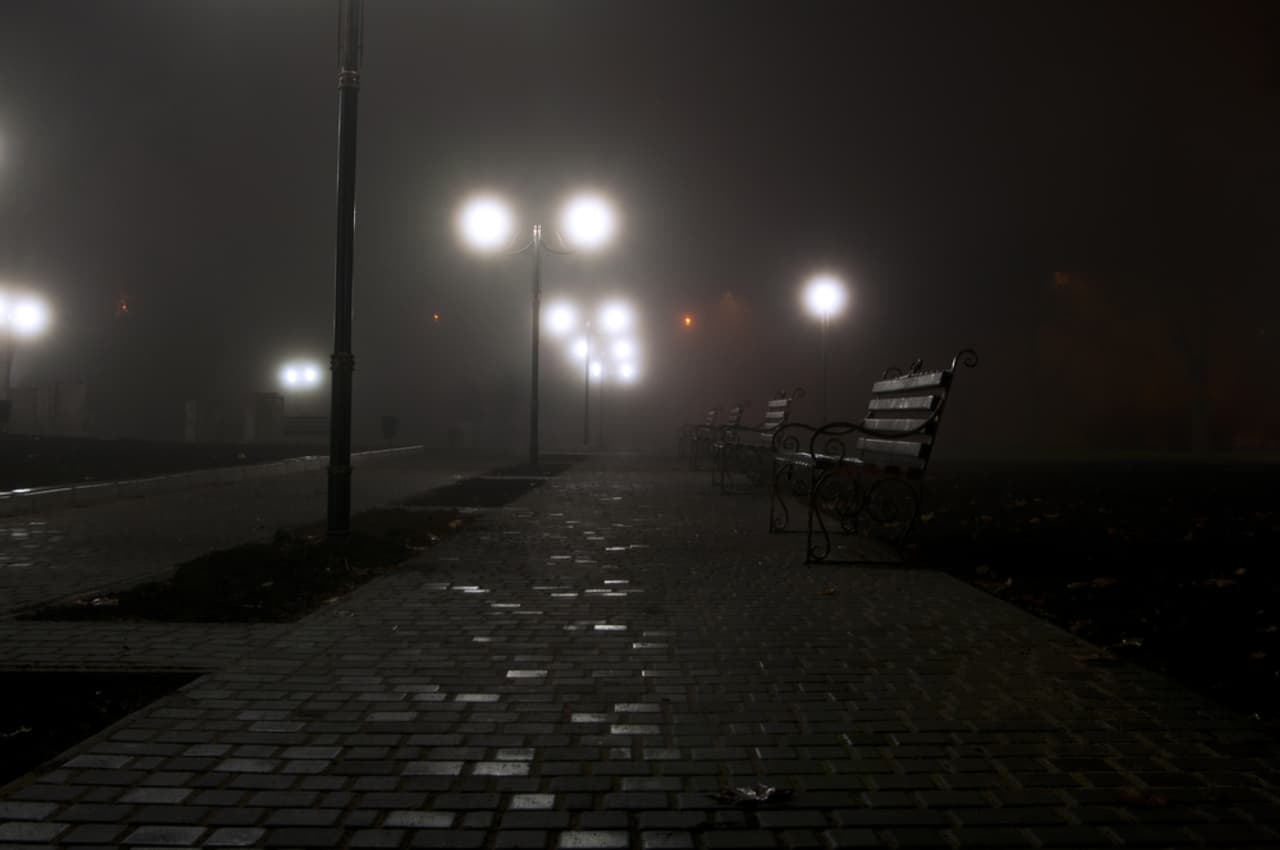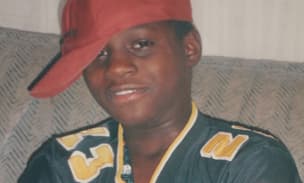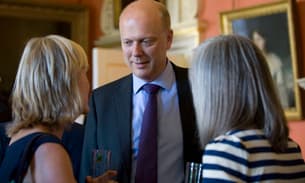
Case study: ‘No justification for charging him at all’
Walking home from a club, Webb’s life changed forever (Shutterstock: park)
James Webb was doing well. He was a self- employed plumber and was doing good business. Then, on July 28 2013, he went out drinking with a few friends in town near London. By the end of the night Webb (not his real name) had been connected to a chain of events that was to see him charged with murder.
It was a summer night and Webb had been enjoying a night out with his mates. They went clubbing and Webb was introduced to a couple of friends of a friend. The group hung out for a while, drank some more and then left the party.
Walking back to his hotel from the club at 3am Webb was chatting to some girls he’d met at the party, fancying his chances with one of them. The group of lads he’d been with were wandering ahead and had bumped into a group they had had a falling out with earlier. Unbeknownst to Webb, two of his new-found group of friends ran to their car, picked up a knife and stabbed a 24-year-old man to death.
Seeing a tussle break out Webb left the girls and ran down the park path to the group. Witnesses suggest he originally tried to break up the fight before getting angry and shouting at one of the other group.
The police were called and Webb handed over his contact details, thinking he’d have a role to play as a potential witness. He did not have legal representation for the first two police interviews he experienced. He was later arrested and charged with murder.
Orlando Pownall QC
For four months Webb was held on remand, waiting for the case to come to trial. A self-employed plumber, his business floundered. While he was on bail pending charge he found out his girlfriend had become pregnant. Now, because the murder had involved a knife, he was facing a possible 20 years in prison.
The case came to court seven months after the tragic events took place. The prosecution outlined their case against the four men involved, and, in an unusual move the judge ruled that there was insufficient evidence for a reasonable jury properly directed, to convict Webb. He was acquitted.
Related article: Need for reform? The Bureau examines controversial law of joint enterprise
“There was no justification for charging him at all,” says Webb’s Barrister Orlando Pownall QC. It was accepted on both sides that Webb met the killer for the first time that evening. He had not travelled to the town with the other three defendants, nor was he to leave the scene with them. Luckily for Webb CCTV footage had shown he was not with the group when the first fight happened, and he’d been at a distance when the fatal fight broke out. If it hadn’t been for the CCTV footage it could have been a very different result, thinks Pownall.
According to Pownall charging by the police and CPS could be tactical. “Sometimes people are scooped up [into a conviction] in the hope that they will turn on each other as witnesses, or at least so that the defence can’t call them,” he says.




